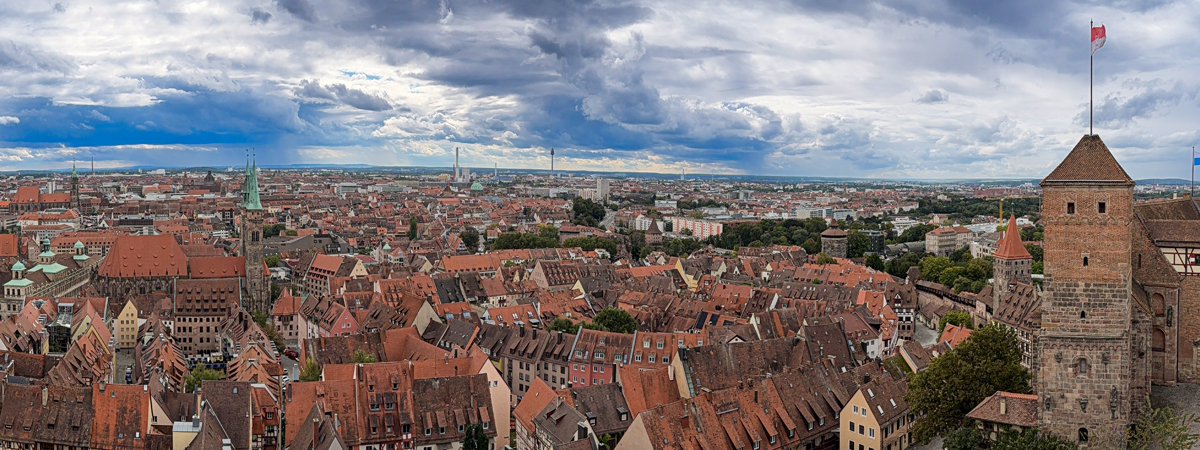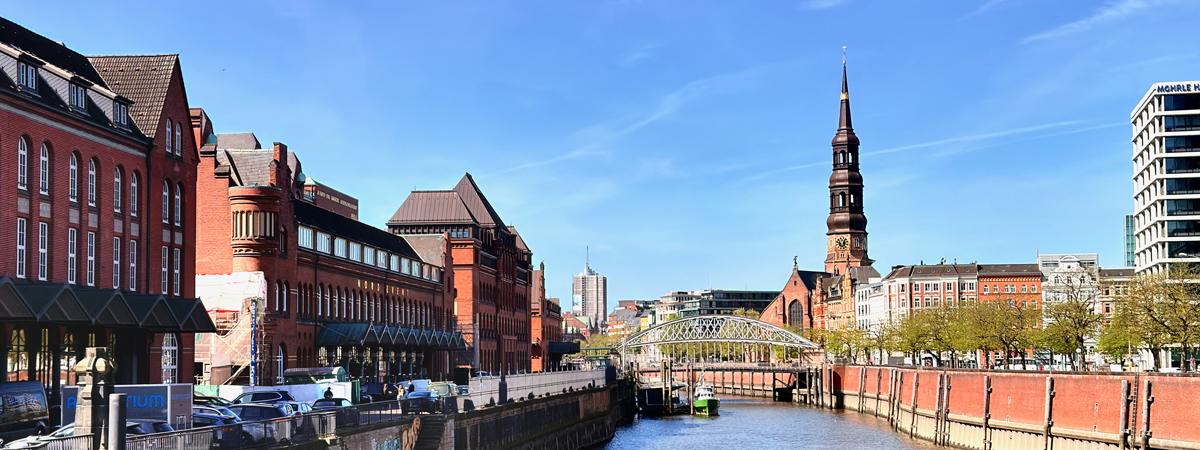Expecting a baby is exciting – and in a new city it can also feel overwhelming. Beyond the joy of preparing for your little one, navigating the local healthcare system and bureaucratic requirements is a challenge many soon-to-be parents face.
If you’re pregnant in Germany, here’s an overview of what you can expect, from pregnancy healthcare and choosing a Hebamme (midwife), to applying for parental benefits and registering your newborn.
Prenatal care and finding a Hebamme
In Germany, prenatal care is usually provided by gynecologists and supported by midwives, known as Hebammen. Hebammen play a crucial role, assisting with pregnancy checkups, birth preparation, and postpartum care. Due to high demand, it’s advisable to start looking for a Hebamme early in your pregnancy. Many clinics and independent midwives also offer childbirth classes and personalized birth plans.
Understanding parental benefits and allowances
Germany offers several financial supports to parents, but they come with paperwork and deadlines:
- Mutterschaftsgeld (Maternity Allowance): A financial benefit for employed pregnant women during maternity leave.
- Elterngeld (Parental Allowance): A benefit to partially replace lost income after childbirth, applied for through your local Jugendamt.
- Kindergeld (Child Benefit): A monthly allowance per child to support families.
Applying for these benefits requires specific forms and documents, so it’s important to know when and how to apply.
Hospital options and birth settings
Germany provides a variety of birth options: public hospitals, private clinics, birthing centers, and home births. Each has different services, costs, and philosophies around childbirth. Research and tours can help you decide what suits your preferences and needs.
Registration and bureaucracy after birth
After your baby’s birth, the child’s birth has to be reported to the local registry office (Standesamt) within the first week. Usually it is done by the hospital and then you have a month to register. There are a few exceptions though: sometimes the office responsible in the hospital is not functioning (vacation, sick leave, weekend etc.), so make sure the report goes through.
The one-week rule is harder for home-birth parents as they have to do the initial registration of the birth themselves.
Post-birth, there’s additional paperwork – applying for the child’s health insurance, updating residency registrations, and submitting benefit applications. Staying organized and knowing deadlines helps reduce stress.
Practical tips for new parents in Germany
- Start looking for a Hebamme as early as possible.
- Keep a checklist for hospital bags and newborn essentials – German hospitals often have specific requirements.
- Set reminders for all benefit applications; some have strict time frames.
- Join local parent groups or online communities for support and recommendations.
- Or – contact us! If you’re feeling overwhelmed by the paperwork or unsure about the steps ahead, our team is here to help. We offer personalized guidance tailored to your pregnancy journey in Germany – from understanding parental benefits to managing registrations and hospital options.
Reach out today to learn more about how we can support you through this exciting but complex time.



